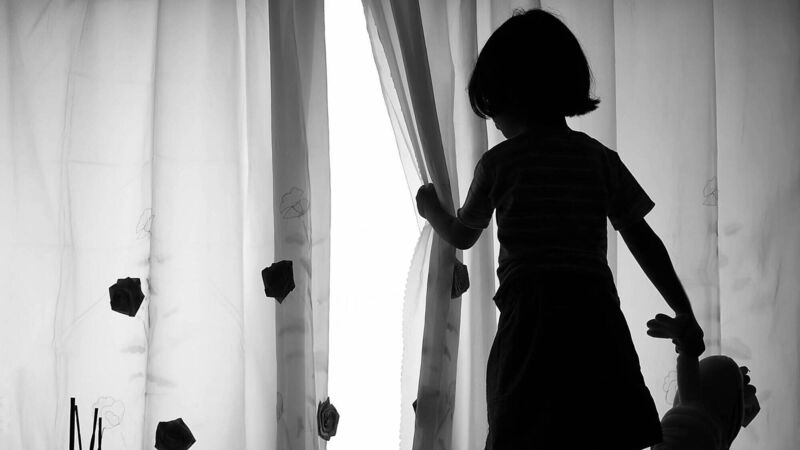Who is Grace — the girl at the centre of the Farrelly Commission report?

Grace resided with Family X between the ages of 10 and 30, a period spanning 1989 until her move to residential care in 2009.
In 2017, the Farrelly Commission was established to investigate the care and protection of “Grace” and others in a former foster home in the south-east of the country, which had been the subject of abuse allegations.
Grace is the pseudonym of a woman now in her 40s who has been in the care of the State all her life.










